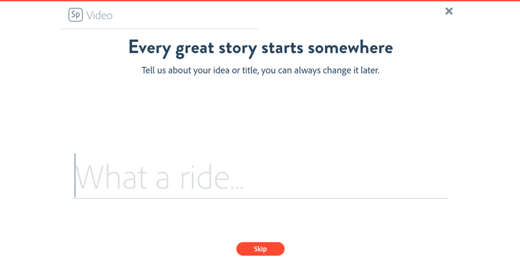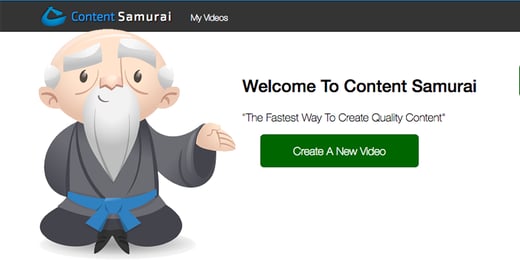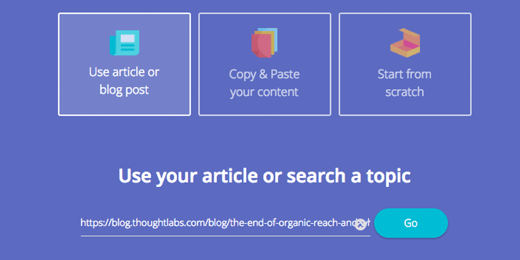Since Facebook announced their latest News Feed change in January, there has been a lot of debate about what it means for organic reach and for Facebook Pages in general. This post highlights some of the best insights and takeaways from around the web.
We Should Have Seen It Coming
Adweek's post says that "organic reach has been on its way down for years" and that this is just one more step in that direction. They list several big changes over time that have continually driven organic reach down:
- Increased Competition - In 2013, Facebook told publishers that the News Feed can only show about 300 stories out of 1,500 potential posts to a person on a given day. As more content is published, the chance for each post being shown decreases. At the same time, Facebook is optimizing for quality, meaning that posts must be more engaging than before to beat out the competition.
- A Push To Promote - In 2014, a source at Facebook told Valleywag that organic reach would be cut to 1 or 2 percent of Fans. Many took this as an indication that Facebook was pushing Pages to use promoted posts instead, driving increased revenue. Facebook was becoming more of a business and Pages needed to pay to play.
- A Return To Social - In 2016, just like now, Facebook announced changes that would prioritize friends and family. People were worried about missing updates from their friends in a sea of brand posts. Facebook stressed that, while organic reach would likely decline for some pages, content that was highly engaging would still perform well.
It Might Be A Boon For Influencers
Digiday interviewed several influencer management platforms, and they all seem very excited by the changes:
- Influencer Content Performs Better - One company told them that influencer content has 5-10x more engagement than if a brand posts it instead. Public Figure pages will continue to show up in the News Feed along with friends and family, which means it will get additional exposure.
- Facebook Wants to Court Influencers - With Instagram and YouTube as the biggest platforms for influencers, Facebook needs to make its platform more enticing. So, we should expect the algorithms to help push influencer content in the near future.
Quality, Targeted Content Is Always The Right Strategy
Dennis Yu from Blitzmetrics published a Facebook post of key takeaways for this change:
- Quality Not Quantity - Dennis argues against posting more to increase reach, saying his data shows that quality content is far more effective. "Doing what is right for the users" aligns with Facebook's own goals, and its algorithms reward highly engaging content.
- Build The Funnels - He suggests creating content for each of the stages of the AEC funnel (Awareness, Engagement, Conversion) and use Facebook's ad platform to show it sequentially to users. Facebook Ads is currently the only way to do sequential content.
- Use Custom Audiences - Even though there are some ways to set preferred audiences for posts and use limited target filters, Dennis says that the real power is in creating audiences with the exact people you want to reach. You can build these from website visitors, common interests, the companies they work for, and many other factors that map directly to your target demographic. Again, Facebook Ads is the only way to build and use these custom audiences.
- Build a Community - Rather than buying Fans, Dennis recommends creating a community of Fans who are actually interested in seeing and engaging with the Page's content. Over the long term, this highly engaged audience will help increase fans and drive additional organic traffic. Better engagement will mean that paid content will also benefit from higher relevancy scores.
A common theme above is that great content that engages its target audience has and will always be the best way forward on Facebook. However, that will continue take a real effort to understand those audiences and craft the right content, as other publishers up their game and compete for the same views. So, now is the time to see if there are relevant influencers in your market, build up your content strategy, and refine your custom audiences and paid promotion program. With these steps, the decline of organic reach may end up not being as significant as we thought.
Jan 29, 2018


